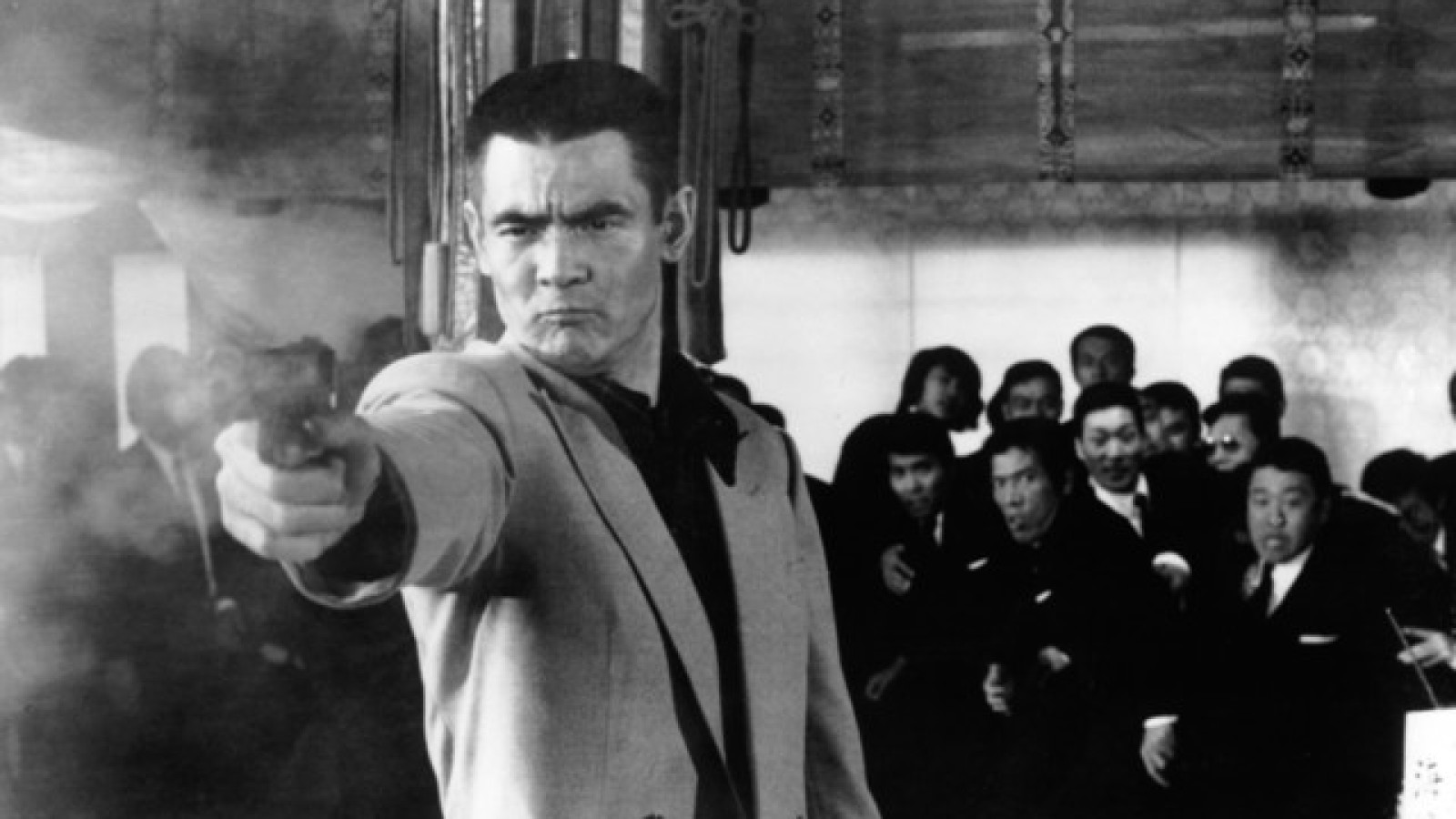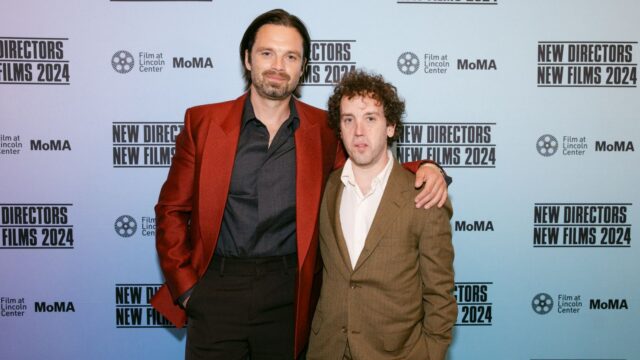Battles Without Honor and Humanity
Kinji Fukasaku’s glorious gangster opera put an end to the romanticized, heroic (ninkyo) yakuza movies of the ’60s, and introduced the world to a snarling, sneering new breed of yakuza flick that landed like a punch in the face. Combining real-life stories of yakuza bosses with the immediacy of the newsreels that were playing before feature films, Battles Without Honor and Humanity kicked off a four-movie series that examined the rise of the yakuza from Japan’s back alleys to its boardrooms.
Opening in the shadow of Hiroshima’s radioactive mushroom cloud, Battles begins as Hirono (Bunta Sugawara) works the postwar black market for the Yamamori family, climbing up the ranks, his brothers chopping off their own fingers to atone for their mistakes and chopping off their rival’s arms for turf violations. It’s a soap opera for men, full of sweaty faces shot in close-up, terse conversations, sudden votes, cigarettes ground out in anger, last-minute phone calls, and Fukasaku ratchets up the tension, building to an explosive final massacre that makes the end of The Godfather look like kids’ stuff. It’s a movie that’s as angry and alive as Frankenstein’s monster, electrified by Fukasaku’s rage against the men who sold out Japan.
The yakuza in this movie are not noble—they’re barely even human. When they chop off their pinkies, seconds later a chicken steals them. These gangsters fight like rabid dogs over the scraps that drop from their masters’ tables, and the gutters overflow with their blood because to their bosses they are human garbage. This is the secret history of Japan’s economic miracle, a landmark film about how the country emerged from the ruins of World War II and rebuilt itself on greasy whorehouse handshakes, bribes, and organized crime. Presented in a brand new 2K digital restoration from the original 35mm negative.
Presented with the support of Japan Foundation New York. Co-presented with Arrow Video.







